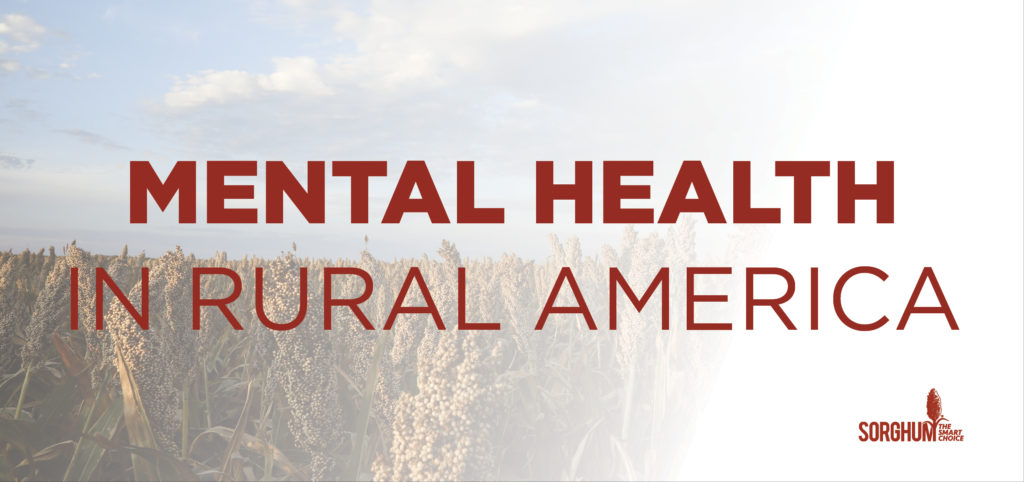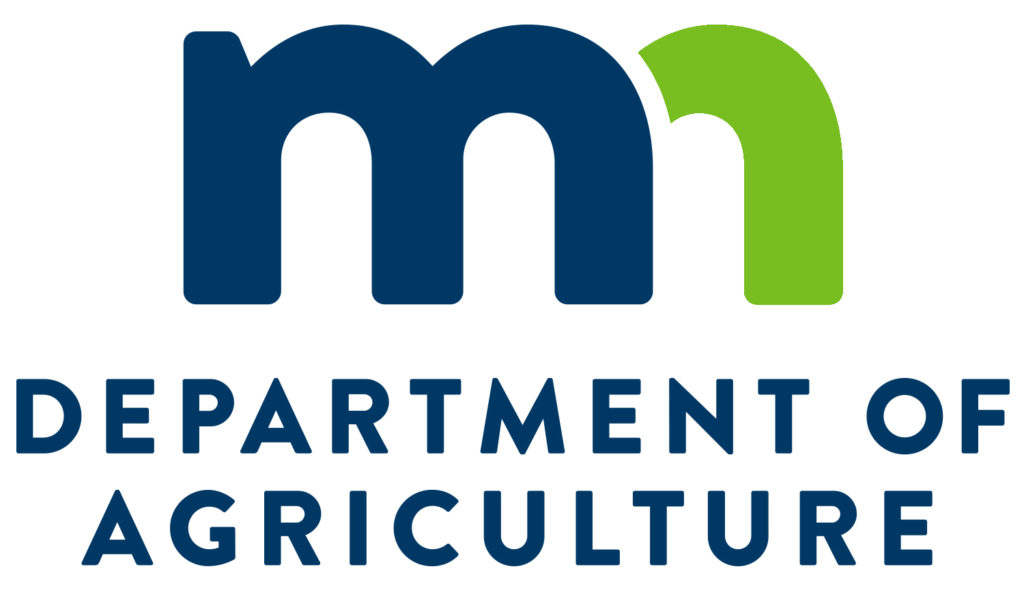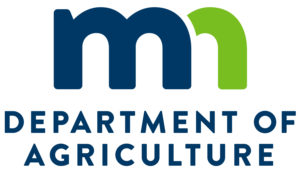Farm State of Mind in recent years can be summed up in one word: stress. While things are starting to turn around due to higher commodity prices, it doesn’t mean farmers are out of the woods yet.
In recognition of May as Mental Health Month, the American Farm Bureau Federation launched a comprehensive, easy-to-use online directory of resources for farmers, ranchers and their families who are experiencing stress and mental health challenges.

The directory, which is on the Farm State of Mind website at farmstateofmind.org, features listings for crisis hotlines and support lines, counseling services, training opportunities, podcasts, videos, published articles and other resources in every U.S. state and Puerto Rico. Listings for crisis support, counseling and behavioral health resources that are available nationwide are also included.
“For far too long, farmers and ranchers have been trying to cope with increasing levels of stress on their own,” said AFBF President Zippy Duvall. “Our Farm State of Mind campaign is encouraging conversations about stress and mental health in farming and ranching communities. It is so important to spread the word that no one has to go it alone.
“This new online directory of stress and mental health resources in every state gives farmers, ranchers and rural communities a user-friendly, one-stop shop to find services in their area that can help them manage farm stress and find help for mental health concerns. Whether you’re looking for information about how to recognize and manage stress, trying to find counseling services in your area or are in need of crisis support, you can find help here.”

National research polls conducted and published by AFBF in 2019 and 2021 showed that a number of factors including financial issues and the impact of the COVID-19 pandemic are impacting farmers’ mental health, highlighting the need to identify local resources that can help farmers and ranchers cope with chronic stress and mental health concerns.
The Farm State of Mind directory lists resources specifically geared toward farmers, ranchers and rural communities in states where these specific services are available, with additional listings for county and statewide mental health and other support services in every state. The listings can be filtered by state and type of resource, including hotlines, counseling services and published information.
AFBF partnered with the University of Georgia School of Social Work to research available resources across the U.S. and Puerto Rico and compile comprehensive information included in the directory.
Farmers and ranchers are encouraged to share the directory with their family, friends and community networks to ensure widespread awareness of the availability of these important resources.


